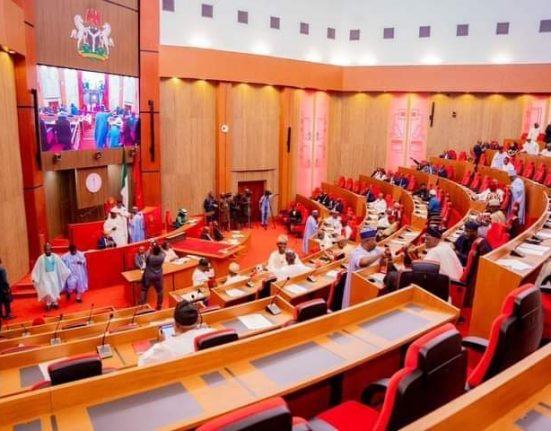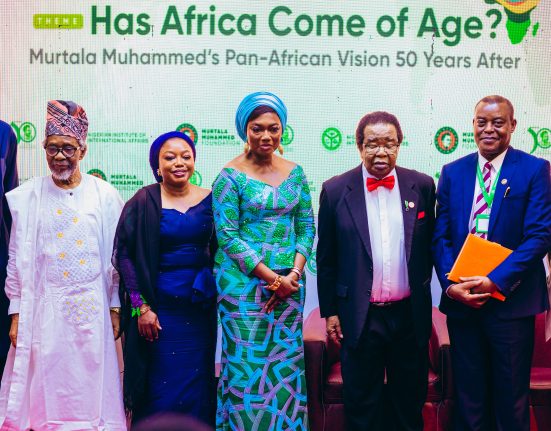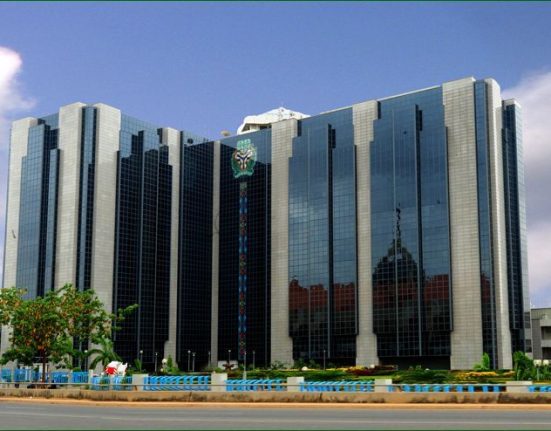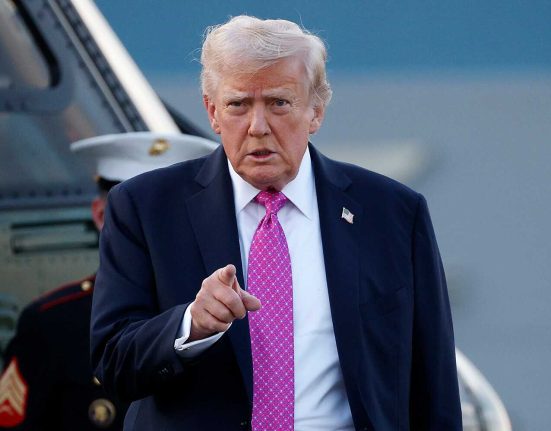Nigeria does not trade with itself. That simple truth, more than any policy debate or economic headline, explains why our growth keeps failing to deliver on its promise.
It is not a question of scale. We are 200 million people spread across a country large enough to house multiple economic zones. We have fertile land, bustling cities, and pockets of productivity in every region. But what we lack critically is connection. The farmer in Plateau and the retailer in Port Harcourt may as well live in different countries. The shoemaker in Aba has no efficient path to the malls of Abuja. The trader in Kano knows more about the price of rice in Dubai than in Osun.
What should be our greatest economic strength, our diversity and size, is instead held hostage by the broken systems meant to stitch us together.
The fault lies in our infrastructure, but not only in its absence. The real issue is how little of it is aligned with how we actually live and trade. We’ve built for prestige, not productivity. Rails begin and end without purpose. Roads connect cities but bypass commerce. Industrial parks exist in places no trucks can reliably reach. In many cases, we’ve constructed monuments, not markets.
And the result is a country that doesn’t move. Literally and economically.
Intra-national logistics costs in Nigeria remain among the highest on the continent. Moving goods across our regions accounts for up to 30–40% of the final retail cost, double the global average. A nation of abundant producers and eager consumers is undermined by a simple truth: the cost of getting things from point A to point B is too high.
This inefficiency is not just a matter of business margins—it’s about livelihoods. A perishable harvest that rots in a truck stuck on a washed-out road is not just a loss for the farmer—it’s a loss for the economy, for nutrition, and employment. A delayed delivery is not just a logistical glitch—it’s a break in the promise of a connected economy.
But it’s not only about the roads and rails. It’s also about what we don’t see: the systems, data, and coordination that turn infrastructure into value. We lack live market information across regions. State governments often operate in silos, with little awareness of what their neighbours are producing or demanding. Traders guess, instead of knowing. Logistics companies fly blind. And markets remain local when they could be national.
So we keep asking the wrong questions. We ask how we can export more when we have not yet made it easy to move goods within. We seek foreign buyers while ignoring the ones at home. We build highways without considering where goods originate, where they are stored, or how quickly they need to move.
The solution begins with a mindset shift: to see infrastructure not as decoration but as strategy. Roads must serve purpose, not politics. Railways must carry freight, not just ceremony. Industrial clusters must sit close to both inputs and markets. Above all, regions must be linked—not only by transport corridors but also by information, trust, and trade.
We also need to empower the private sector to build the missing links. E-commerce platforms, smart warehousing, and digital logistics are the infrastructure of a modern economy. When supported with the right incentives and de-risking mechanisms, these actors can do what government alone cannot: move goods at scale, efficiently, and affordably.
Because at the heart of it all is this truth: Nigeria’s economy cannot grow faster than it can move. Our national ambition will remain hollow if it is not underpinned by national circulation of goods, services, ideas, and people. If you can’t reach your market, you don’t have one. If you can’t serve your neighbour, you’re not building a nation.
We must stop romanticising exports and start paying attention to what it means to trade internally. The fastest route to inclusive growth isn’t beyond our borders—it’s within them. It is in connecting Aba to Ilorin, Minna to Owerri, and Gombe to Ibadan.
Until Nigeria trades with itself, it will never unlock the full power of its scale. We will remain a country of entrepreneurs boxed into local markets, of farmers disconnected from cities, of factories surrounded by demand they cannot reach.
But we can change that. We can build not just roads and rail but routes to prosperity, not just bridges but a truly connected economy.
And once we do, we will discover that the wealth we’ve been searching for abroad has been waiting at home, just out of reach, waiting to be moved.
Adedeji Adewumi is a Senior Consulting Associate at StateCraft Inc., a governance communication firm. He works at the intersection of policy, infrastructure, and economic development, focusing on enabling growth through systems thinking and strategic communication.








